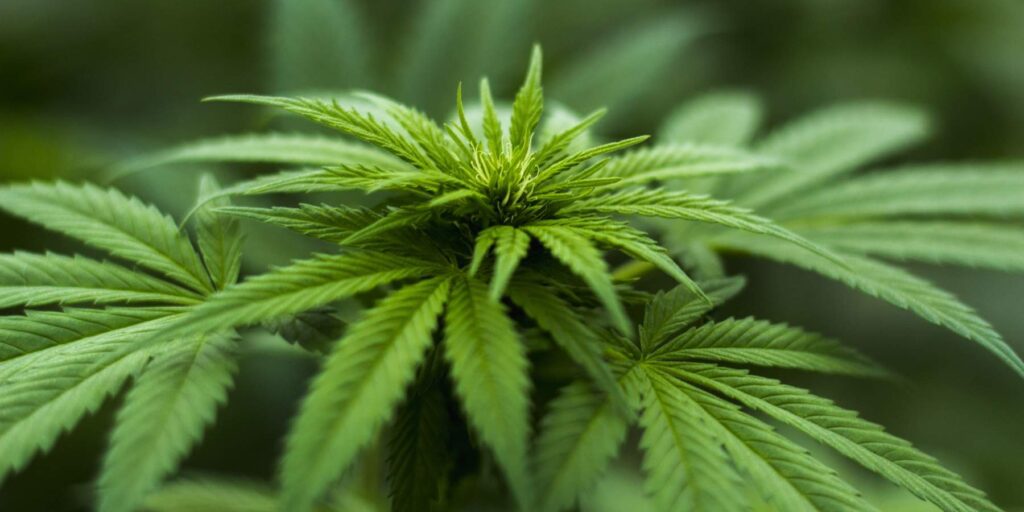November 7, 2017

Laboratory tests are great for determining the percentages of THC and other cannabinoids in your weed. They’re also wonderfully useful in discovering contaminants like mold and pesticides.
But the singular fixation upon test numbers exhibited by some consumers — and by some growers and processors — hasn’t necessarily resulted in folks getting better weed. THC numbers, along with the rest of the test results, are a good servant but a bad master, one might say.
The numbers obsession, in which the goal is to get higher THC percentages that the competition, is completely understandable in a very competitive retail environment. If you’re a grower or processor, of COURSE you want your stuff test more potent and to get that attention-grabbing THC number. And that economic incentive, unfortunately, has led to the corruption of what should have been sacrosanct, the accuracy of those numbers themselves.
Fudging The Numbers?
A complaint submitted to regulators at the Washington State Liquor and Cannabis Board (WSLCB) earlier this year by a group of cannabis industry members accused Bellingham-based Peak Analytics, the state’s largest cannabis testing laboratory, of consistent, large-scale inaccuracies. According to the complaint, Peak “sweetened” its THC content tests, reporting artificially high THC levels. The lab also allegedly rejected an abnormally low number of cannabis samples for microbial contamination.
Analysis of data from the Washington Cannabis Laboratory Association — a group of state-licensed testing labs formed in 2016 — showed significant discrepancies between results of potency tests conducted by Peak Analytics and those performed by the state’s next five largest labs. Peak’s flower samples, on average, measured about five percentage points higher in THC than did those of its competitors.
“These data indicate that Peak Analytics is producing data for flower well outside what should be considered industrywide normative outcomes,” the complaint read. “Traceability data demonstrate that this over-reporting is consistent through time and across grow spaces.”
That means consumers who bought marijuana produced by clients of Peak Analytics may have gotten less potent weed than they paid for. Peak’s practices allegedly became so well known that some retailers used the last specifically to get inflated potency percentages, meaning the products were more valuable, price-wise. “Retailers have noticed that when their marijuana vendors switch testing services to Peak Analytics their potency values go up by 1.5 x,” the complaint claimed.
Potentially Dangerous
Peak denied any wrongdoing, and said it supports standardization of cannabis testing in Washington. If that isn’t true, Washington marijuana consumers were swindled on a massive scale. Beyond that, unethical lab behavior certainly cheats consumers, but it also cheats the industry as a whole, by creating incentives for other laboratories to fudge their numbers.
Not reporting microbial contaminants, of course, can potentially kill consumers — especially medical marijuana patients with compromised immune systems and liver functions. The rate of microbial failures at Peak was 1.69 percent of samples tested during three months in 2017, analyzed by auditors. The average for other certified labs was 11 percent for the same time frame.
Auditors didn’t find Peak delivering higher results for potency, but they did question some of the lab’s practices in regard to potency. In one instance, Peak had tested a sample of Blue Dream flower at 37.2 percent THC — a phenomenally high result for flower. Peak, interestingly, could not provide auditors with any information behind that figure. Private data scientist Jim MacRae of Woodinville said he independently found a trend of inflating THC percentages by analyzing months of Peak data.
The WSLCB confirmed that Peak Analytics’ lab certificate was suspended by the Board on July 26. According to a WSLCB spokesperson, Peak was audited by an industrial forensics lab and consulting firm. The audit, according to the WSLCB, found “some deficiencies in need of improvement.” Peak’s certificate was suspended pending its fixing those deficiencies.
Chief Concern for Many Customers
Ian Eisenberg, owner of Uncle Ike’s said THC potency remains the chief concern for many customers. According to Eisenberg, Uncle Ike’s buyers sometimes pass on lower-potency strains that they know will require a more complicated explanation to sell.
“The business answer is that customers buy pot based on THC,” Eisenberg told Leafly. “And it is true that THC gets you high, but there is also the entourage effect and terpenes. But there’s no way to put a number on those.”
Shan Porter of Uncle Ike’s said that while lab testing for potency can be useful, it also is limited. “Lab tests are only testing part of the crops, or of the plant,” Shan told us. “Instead of saying let’s tests every level of the plant, they’re only testing the top part, the apex of a plant.”
According to Porter, another problem is that vendors re-run the same test results from the last batch. “I see it all the time,” he said. “They’re still using the same test results for two or three months in a row. That’s ridiculous.”
Rather than just focusing on the numbers, Shan advises cannabis consumers to inform themselves in a broader fashion. “Consumers can read up on lineages,” he said. “Read up on your favorite strains. Read up on different styles of cultivation, different ways of how they’re growing.
“Go back to the old methods of when we got it on the street, when there were no testing results, when there were no labels,” Porter said. “Try it out. It it works, cool. If not, go to something else.”
“Sometimes, what looks good doesn’t always smoke good,” Porter told us. “It’s kind of like what Obi Wan Kenobi said, don’t trust your eyes. They’re going to lie to you; don’t believe them. Go back to the good old days of ‘Let me smoke this. Let me see what works for me’.”
“Find a great bud tender,” Shan advised. “Find someone you can ask more questions. Do more research.”